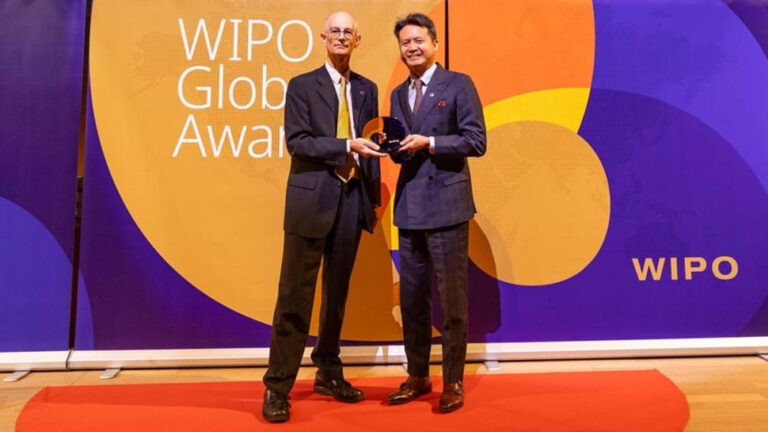Copyright © Photo by Thisisengineering on Unsplash
The relationship between academic research and the commercialization of its results is a topic of growing interest in both scientific and business fields. In an environment that values the ability to transform scientific knowledge into marketable products and services, academics face the challenge of balancing their traditional roles with entrepreneurial and innovative activities. In this respect, a recent study published in the CERN IdeaSquare Journal of Experimental Innovation (CIJ), sheds light on how entrepreneurial intentions and open innovation activities interact to enhance commercialization efforts.
The paper titled “Are Entrepreneurial Intentions and Open Innovation complements or substitutes for eliciting activities towards the market commercialization of academic breakthrough technologies?” has been published by the ATTRACT-EMDOI team and it analyses five case studies of European research consortia under ATTRACT phase 2, to propose potential theoretical mechanisms that limit or abet market commercialization activities.
“To generate the case studies, we conducted semi-structured interviews with project leaders and team members of each of the five projects. We then deductively coded the sections pertaining to entrepreneurial intentions, open innovation, and activities towards the market commercialization of the research results. Through the interdisciplinarity of our research team, which included scholars from engineering, management, and policy research, we effectively integrated diverse viewpoints in the analysis process”, says Gernot Pruschak, Lecturer at Bern University of Applied Sciences and part of the ATTRACT-EMDOI research team.
The study highlights the dynamics between entrepreneurial intentions, which are defined as an individual’s motivation to become an entrepreneur, and open innovation activities, which involve collaborations and knowledge exchanges beyond organizational boundaries. Besides, it reveals that inbound open innovation activities, such as bringing in external expertise from businesspeople and technology transfer specialists can compensate for a lack of entrepreneurial intentions among academics, while coupled open innovation activities, involving collaboration with peers and business-focused projects, also help to bridge the gap in entrepreneurial intentions, guiding academics towards market commercialization.
It should be noted that the study identifies significant challenges in establishing partnerships as potential partners often require prototypes before committing to investment, creating a dilemma where initial funding is necessary for prototype development. In addition, it also highlights that many academics exhibit strong prosocial motivations, preferring to make their innovation outcomes publicly accessible rather than focusing on financial gain, which influences their engagement in open innovation and impacts their entrepreneurial intentions.
“Our research results point out the necessity of enhancing and introducing further research and innovation funding schemes that provide full financial security for researchers and innovators up to and including the development of a prototype. Success rates in these grants should be independent of the status of industry partnerships given that profound industry partnerships only emerge once researchers and innovators can present their prototypes”, concludes Pruschak.
ATTRACT-EMDOI project explores the influence of entrepreneurial mindsets, diversity within research teams, and open innovation practices on the commercialization success of breakthrough technologies. It is coordinated by the Bern University of Applied Sciences in collaboration with TU Delft.
For more information about the study or to access the full paper, please visit here.
Discover more about the ATTRACT-EMDOI project here.
Published paper:
Feenstra, M., Hopp, C., Pruschak, G., & Werker, C. (2024). Are open innovation and entrepreneurial intentions complements or substitutes for the successful commercialization of academic breakthrough technologies? CERN IdeaSquare Journal of Experimental Innovation, 8(1), 9-19.
DOI: https://doi.org/10.23726/cij.2024.1506


